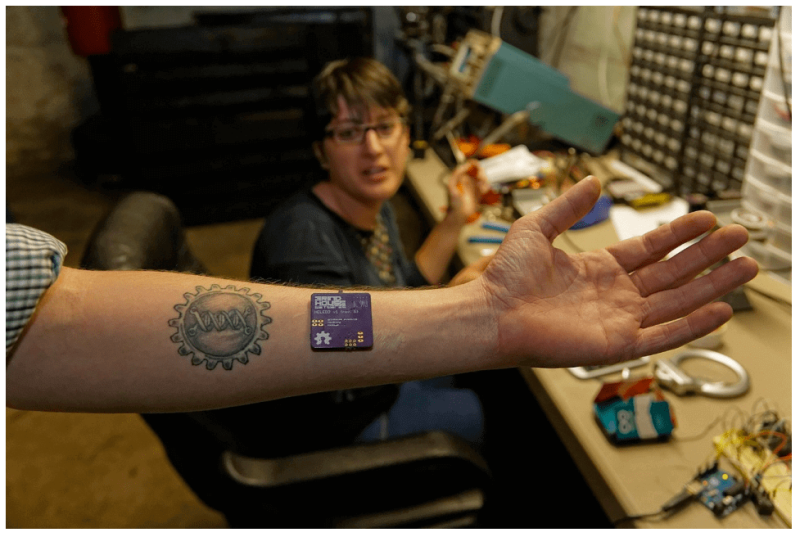In the past few months, the possibility of do-it-yourself genetic engineering has exited the realm of the purely hypothetical.
…
All of these attempts fall outside the purview of U.S. regulatory oversight, since the job of agencies like the Food and Drug Administration doesn’t generally include policing what people can do to themselves. But this new reality raised the question: should it?
Writing in Scientific American, the bioethicist Eleonore Pauwels considers this question.
…
“We could build adaptive regulatory support that ensures safe and responsible citizen participation in health research, or we could drive these emerging communities of innovators underground or out of existence,” she argues.
The better path, she concludes, is the former:
The path forward is not to promote radical, unregulated science, but to develop engagement channels that force citizens, patients, ethicists and regulators to rethink and design an adaptive oversight system—one that fosters empowerment and responsibility rather than just adherence to the status quo.
…
Pauwels is by no means alone in her thinking. On the heels of those two public displays, in December the FDA issued a stern warning to biohackers in America. Undertaking DIY gene therapy, it warned, is ill-advised and risky, and selling the supplies to do it is flat-out against the law.
Read full, original post: Should the FDA Ban People From Genetically Engineering Themselves?































